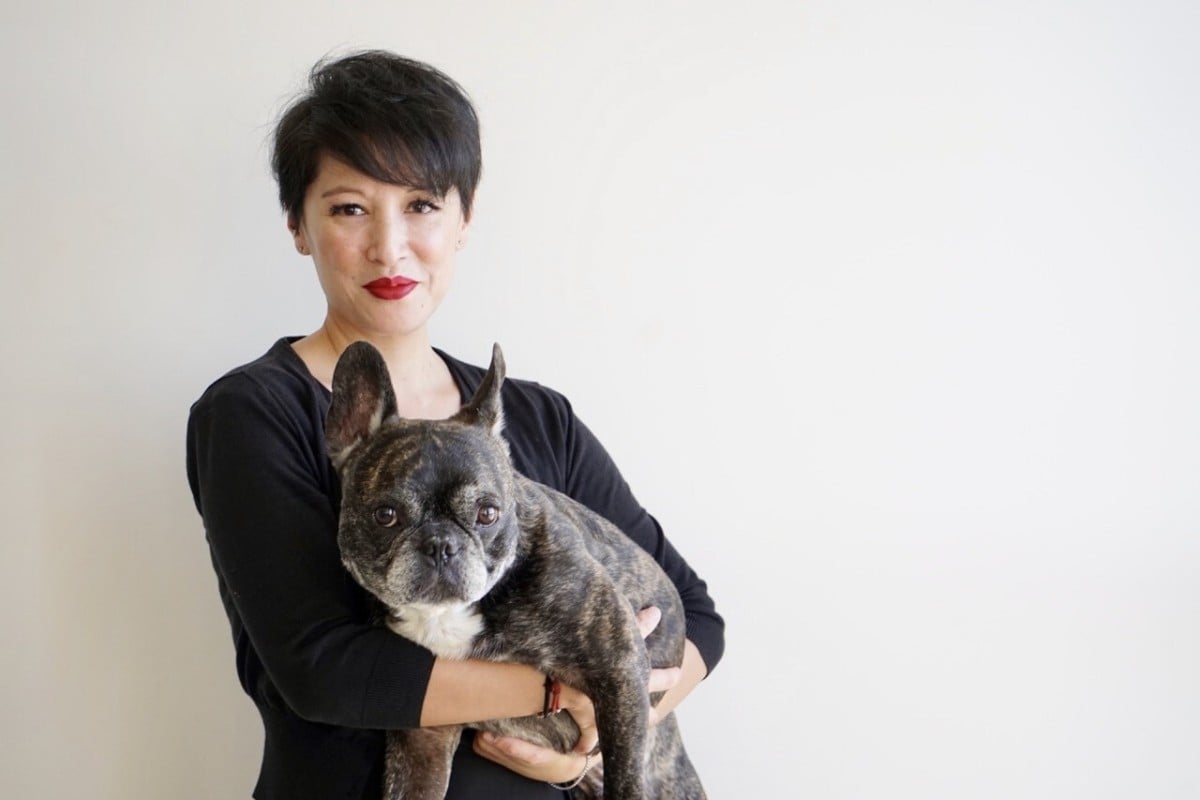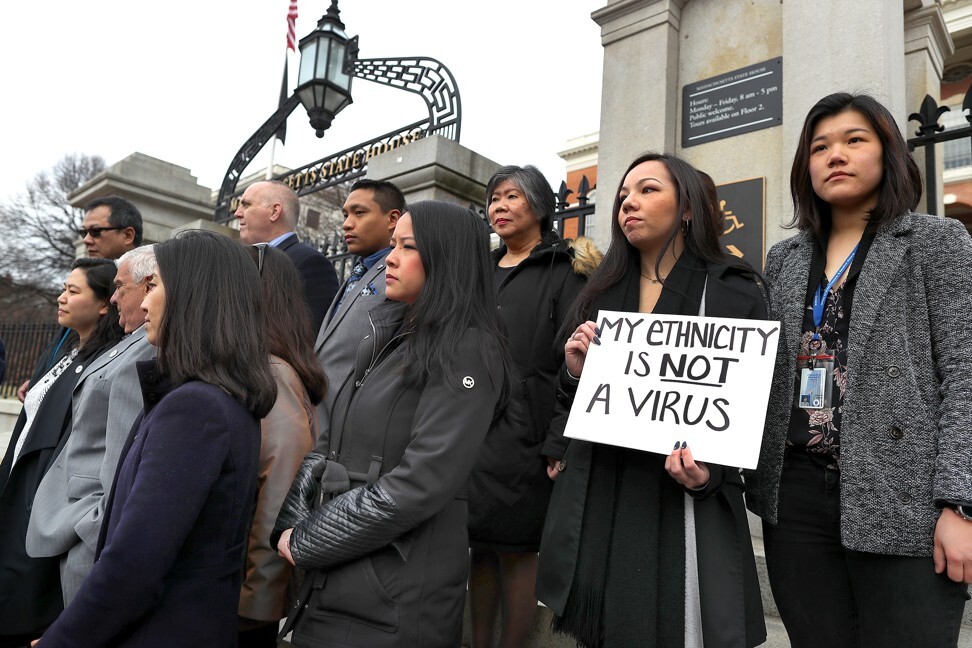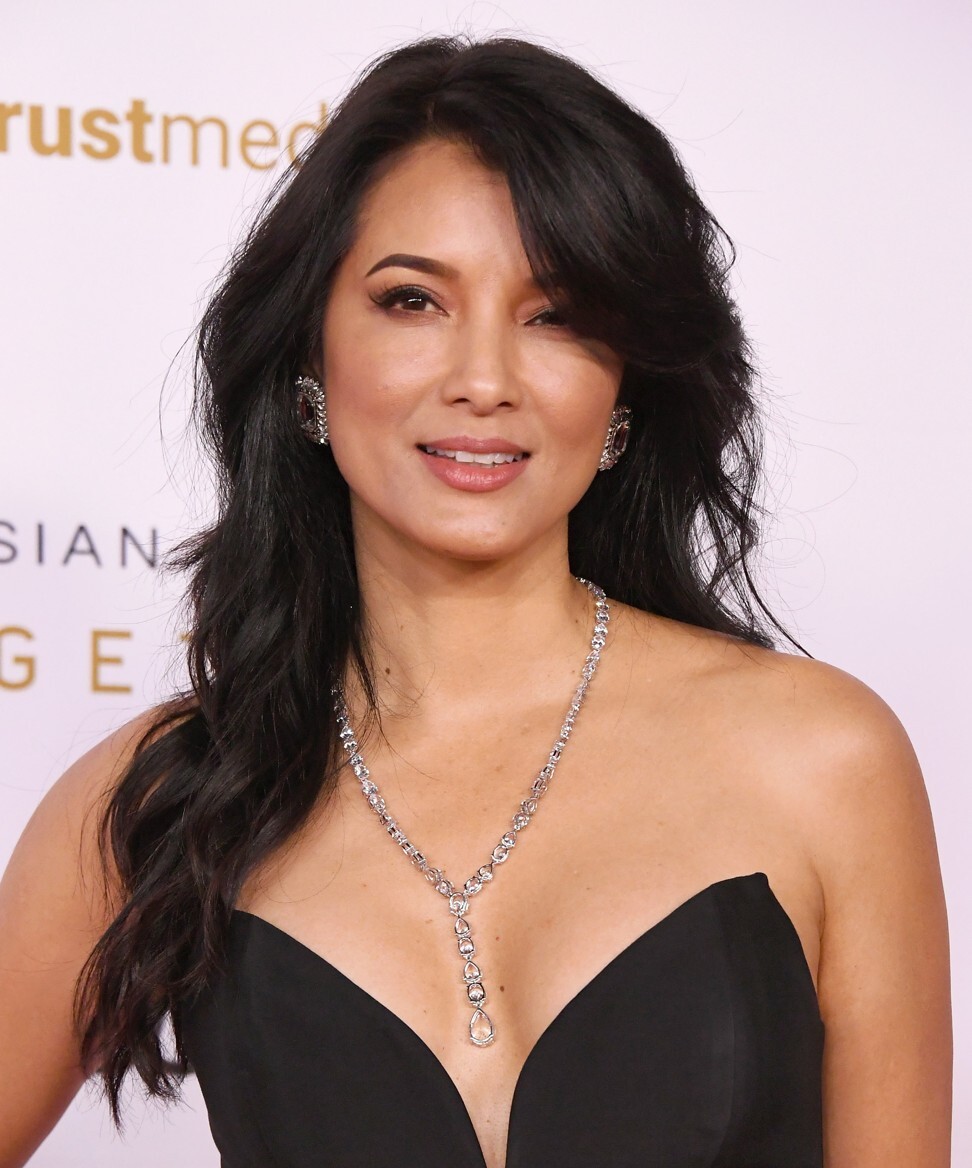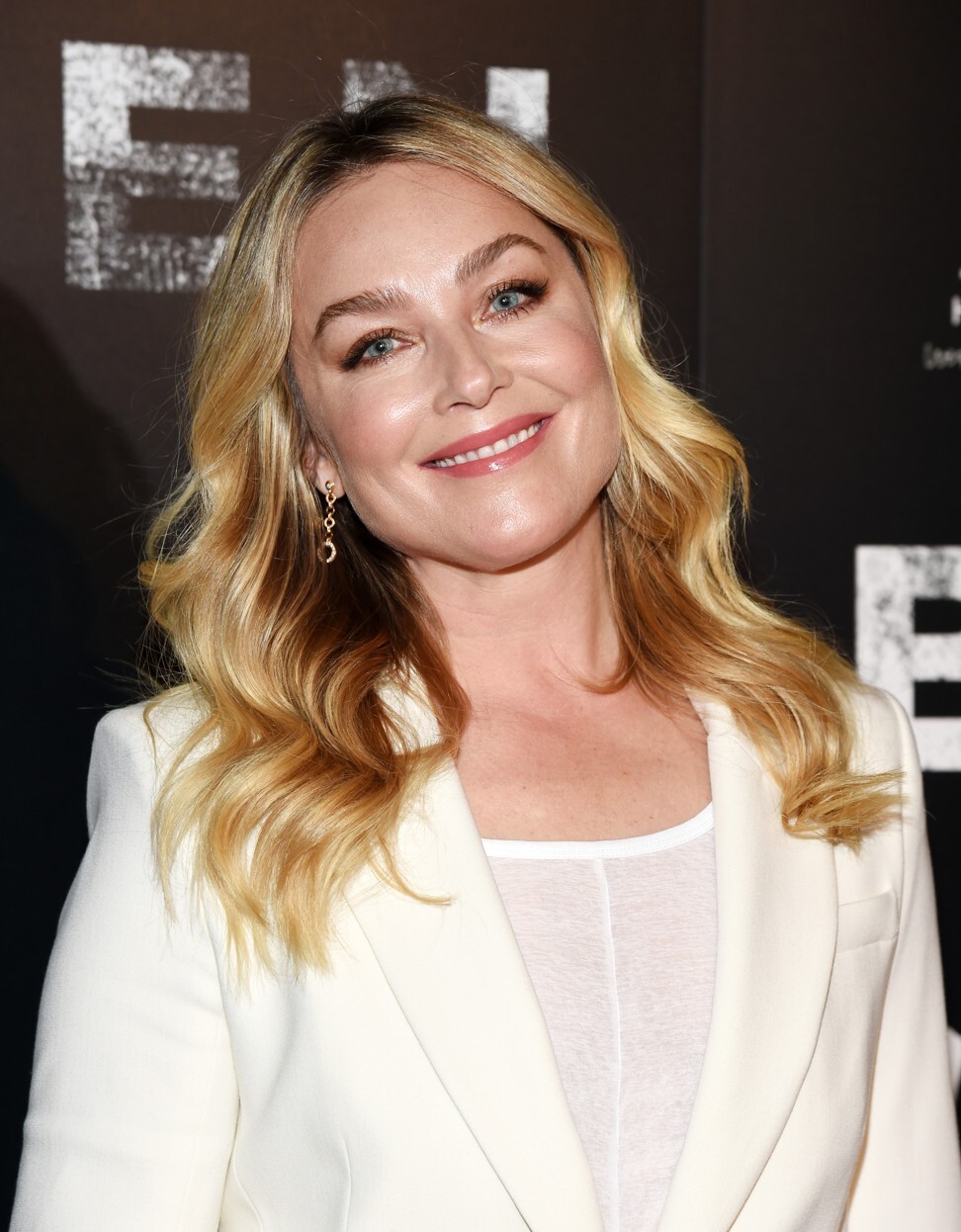‘An epidemic of hate’: Asian-American starts anti-racism campaign to counter abuse over coronavirus
TV producer Valerie Chow launched her Be Cool 2 Asians campaign to push back against fellow Americans who blame Asians for the coronavirus pandemic
While planning the video campaign highlighting Asian-Americans’ place in US society and on Covid-19 front lines, she was attacked and told ‘go back to China’
Kavita Daswani Published: 11 Apr, 2020

US TV producer Valerie Chow is behind the Be Cool 2 Asians campaign, designed to eradicate harmful notions that Asians should be blamed for the coronavirus pandemic. While planning the campaign she was attacked walking her dog on a street in Los Angeles and told “go back to China”.
Valerie Chow, a television producer in Los Angeles, had just started planning a series of videos to address Covid-19-related anti-Asian sentiment in the United States when she experienced it first-hand.
“I was out walking my dog when a homeless man started yelling at me, ‘nasty b****, go back to China’, throwing punches and trying to kick my dog,” recalls Chow, who has produced unscripted shows for Netflix and the Food Network.
“I ran back towards my building but he chased me, still screaming. It was like that cliché in every murder scene where the victim’s hand is trembling, and she drops her keys. That was me in that moment.”
Kavita Daswani Published: 11 Apr, 2020

US TV producer Valerie Chow is behind the Be Cool 2 Asians campaign, designed to eradicate harmful notions that Asians should be blamed for the coronavirus pandemic. While planning the campaign she was attacked walking her dog on a street in Los Angeles and told “go back to China”.
Valerie Chow, a television producer in Los Angeles, had just started planning a series of videos to address Covid-19-related anti-Asian sentiment in the United States when she experienced it first-hand.
“I was out walking my dog when a homeless man started yelling at me, ‘nasty b****, go back to China’, throwing punches and trying to kick my dog,” recalls Chow, who has produced unscripted shows for Netflix and the Food Network.
“I ran back towards my building but he chased me, still screaming. It was like that cliché in every murder scene where the victim’s hand is trembling, and she drops her keys. That was me in that moment.”
The incident further galvanised Chow, who subsequently launched her
Be Cool 2 Asians campaign, designed to eradicate harmful notions that Asians should be blamed for the coronavirus pandemic.

Members of the Asian American Commission hold a press conference on the steps of the Massachusetts State House to condemn racism towards the Asian-American community because of the coronavirus on March 12 in Boston. Photo: Getty Images
“I had been hearing anecdotally that there was a rise in anti-Asian sentiment,” says Chow. “It started with [US President Donald] Trump calling it the China virus, and escalated from there. It’s now an epidemic of hate.”
The campaign currently consists of a video showing that many of those on the front lines of the pandemic are Asian-Americans; according to American business magazine Forbes, 17 per cent of doctors and 10 per cent of nurses in the US are Asian.
The video pulls together footage of health care professionals, firefighters, police officers and grocery store workers introducing themselves, interspersed with disturbing ripped-from-the-headlines posts, such as a doctor in the state of Indiana being refused service because of his race, and a news story stating that 100 racist attacks against Asians are reported every day in the US – with women three times more likely to be victimised.
“The fact that I personally had this experience while living in a culturally diverse bubble in LA really hit home,” says Chow.
“I saw how increasingly dangerous it is for the 21 million Asian-Americans in the US.”

Actress Kelly Hu will appear in an upcoming Be Cool 2 Asians video. Photo: Getty Images
In mid-March, a trio of organisations – the Asian Pacific Policy and Planning Council, Chinese for Affirmative Action, and San Francisco State University’s Asian-American Studies Department – formed the Stop AAPI Hate reporting centre to support Asian-Americans and Pacific Islanders in the country.
In the space of three weeks it received 1,135 reports of verbal harassment, shunning and physical assault, according to a news release. The incidents are taking place largely in grocery stores, pharmacies and department stores – essentially the only venues people are allowed in while the nation is largely in lockdown mode.
The reporting centre said that women are harassed at twice the rate of men.
“The flood of incidents related to anti-Asian hate – over 1,100 and counting – reflects the hostile environment that Asian-Americans and Pacific Islanders face during this pandemic,” Dr Russell Jeung, chair and professor of Asian-American Studies at San Francisco State University, said in a statement.
My social media is flooded daily with stories from Asians telling me about all varieties of conflict. I’m not sure that the 100 a day that are being reported across the country is an accurate numberValerie Chow
“The data helps us respond to specific community needs and make targeted policy recommendations. These include providing mental health resources to bullied youth and ensuring that stores provide safe access for AAPIs to their goods and services.”
The assaults are felt across Asian communities – Chinese, Japanese, Korean, Thai – and mirrors what South Asian and Middle Eastern communities in the US experienced after the September 11 attacks.
Chow says she intends for her Be Cool 2 Asians campaign to hit at a grass-roots level, helping to educate the ignorant.
“Historically, Asians have always been seen as foreigners, and not as Americans,” she says. “There have been Chinese people in America for 400 years. Part of the campaign is to dispel the belief that Asians are foreigners.”
She has teamed up with entertainment colleagues, such as actresses Kelly Hu and Elisabeth Rohm, to front additional videos in the coming weeks.

Actress Elisabeth Rohm will front an upcoming video
for the Be Cool 2 Asians campaign. Photo: Getty Images
Chow has also partnered with LA chef Michael Hung, who is providing free groceries and meals to local families and children from low-income areas who rely on school lunches, and is helping to mobilise a programme offering free mental health services to health care workers of any ethnicity who are feeling especially stressed right now.
Chow believes the 1,000-plus reports received by the Stop AAPI Hate centre are not representative of actual numbers.
“My social media is flooded daily with stories from Asians telling me about all varieties of conflict,” she says.
“I’m not sure that the 100 a day that are being reported across the country is an accurate number. Asians tend to be more reticent. They find these incidents embarrassing and painful to talk about.
“So if we are hearing it’s 100 a day, the number of unreported cases is astronomically higher.”

Kavita Daswani was born and brought up in Hong Kong and was the fashion editor of the South China Morning Post before relocating to Los Angeles. She continues to contribute features to the publication, and also writes for the Los Angeles Times, The Real Deal, Prestige, Hashtag Legend and Crave magazines. She has also published eight novels.
Chow has also partnered with LA chef Michael Hung, who is providing free groceries and meals to local families and children from low-income areas who rely on school lunches, and is helping to mobilise a programme offering free mental health services to health care workers of any ethnicity who are feeling especially stressed right now.
Chow believes the 1,000-plus reports received by the Stop AAPI Hate centre are not representative of actual numbers.
“My social media is flooded daily with stories from Asians telling me about all varieties of conflict,” she says.
“I’m not sure that the 100 a day that are being reported across the country is an accurate number. Asians tend to be more reticent. They find these incidents embarrassing and painful to talk about.
“So if we are hearing it’s 100 a day, the number of unreported cases is astronomically higher.”

Kavita Daswani was born and brought up in Hong Kong and was the fashion editor of the South China Morning Post before relocating to Los Angeles. She continues to contribute features to the publication, and also writes for the Los Angeles Times, The Real Deal, Prestige, Hashtag Legend and Crave magazines. She has also published eight novels.
No comments:
Post a Comment